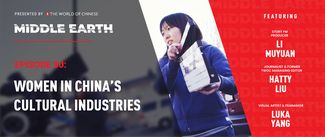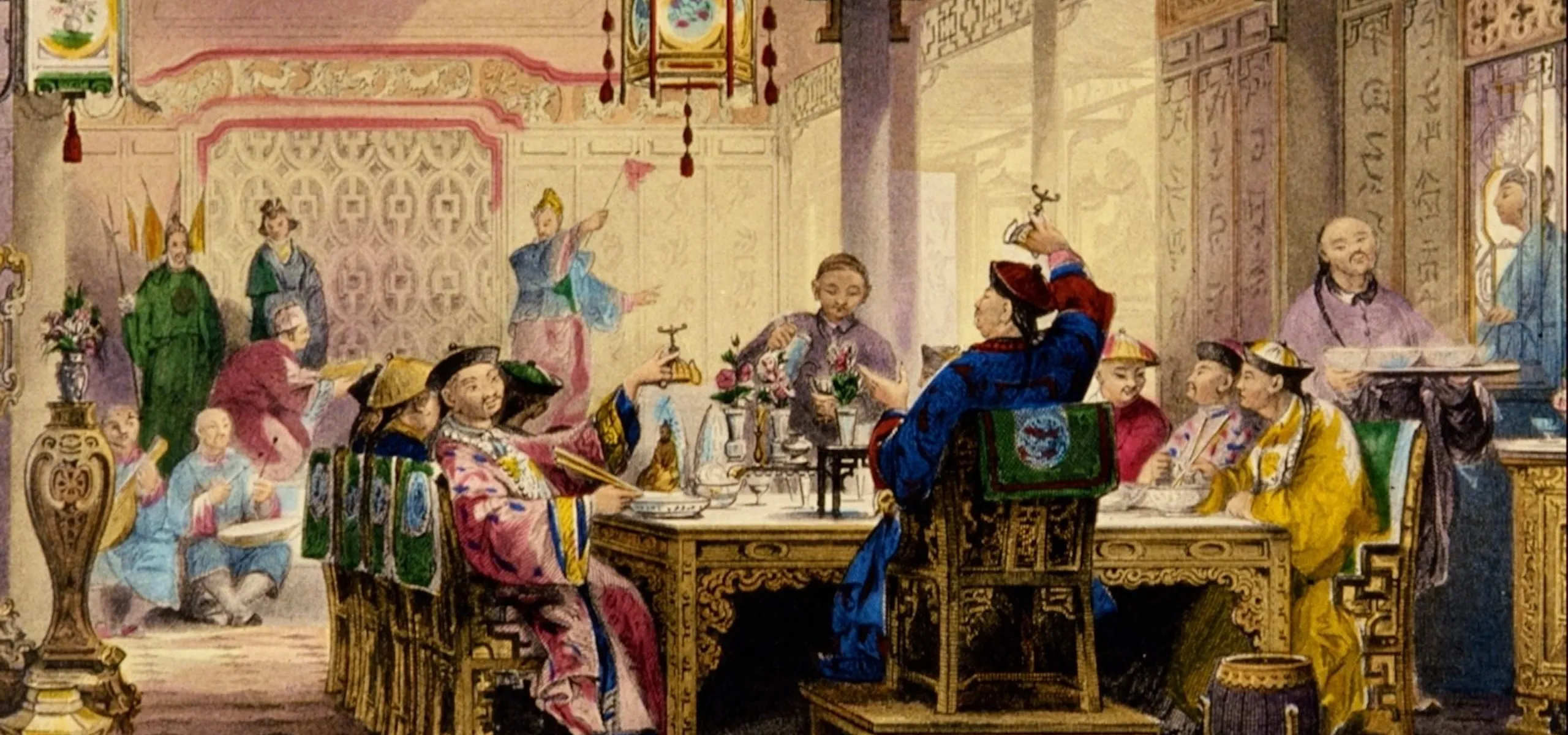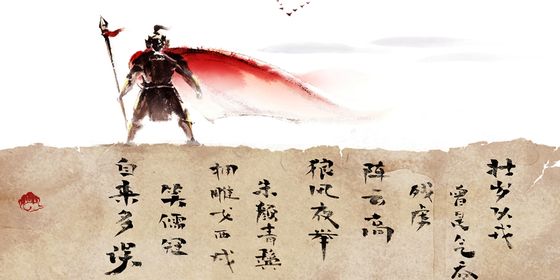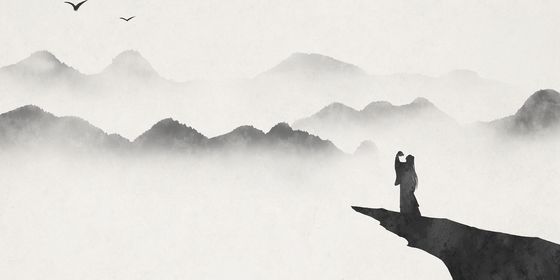Ancient Chinese not only had a plethora of alcohol to choose from, but all sorts of games and rituals for drinking it
What are sorrow brooms (扫愁帚) and poetry hooks (钓诗钩)? Amusingly, they both refer to wine in ancient China. Since wine sweeps away sorrows and creates poetic inspirations, many poets considered it a friend. One night, the romantic poet Li Bai (李白), a well-renowned alcoholic from the Tang dynasty (618 – 907), even imagined exchanging the moonlight on Dongting Lake for wine from heaven (且就洞庭赊月色,将船买酒白云边) in his “Five Poems on Traveling on Dongting Lake (《游洞庭湖五首》).”
Good wine requires a good drinking companion. While a person may merely sip politely with a stranger, they would pour the wine down their throats when drinking with a confidant—as if 1,000 glasses were not enough to express their joy. In ancient history, when someone bid farewell to an old friend they would drink freely, for tomorrow they would drift away on the currents of life. When there was nobody to drink with, Li Bai raised his glass to the moon and toasted his own shadow (举杯邀明月,对影成三人), as he writes in his “Four Poems on Drinking Alone Under the Moon (《月下独酌四首》).”
Ancient Chinese also stressed timing when it came to appreciating wine. When it rained in spring, one drank while enjoying the greenery. When it snowed in winter, friends gathered around a cozy fire to chat and laugh over a pot of warm wine. On twilit evenings, the poet Bai Juyi (白居易) would sit near wine bubbling over a fire in a clay stove, writing to an old friend, “It is about to snow, perhaps we shall drink (晚来天欲雪,能饮一杯无)?” in his poem “To Liu Shijiu (《问刘十九》).”














